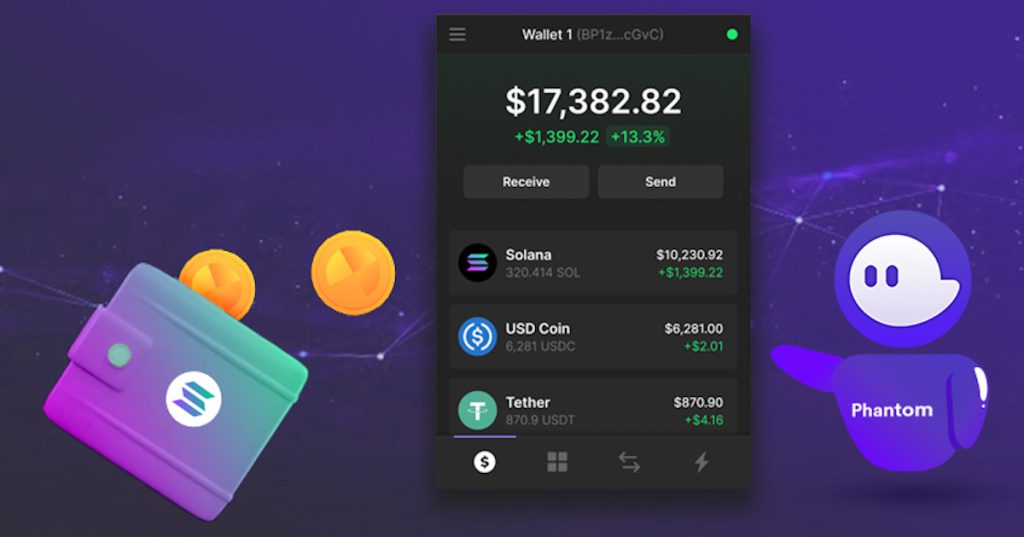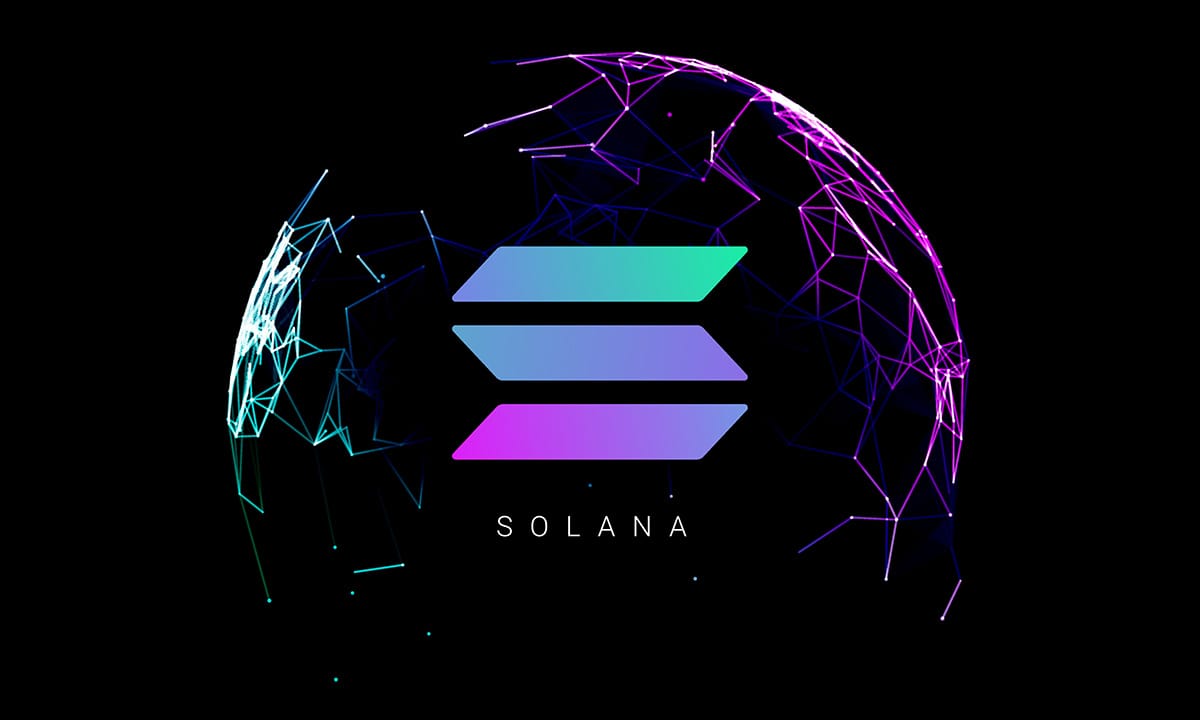Understanding Solana Token Standards
An overview of Solana's token standards and their use cases.

Introduction to Solana Token Standards
Token standards on Solana define how tokens behave and interact with wallets, exchanges, and applications. Understanding these standards is essential for developers and users in the Solana ecosystem.
SPL Tokens (Solana Program Library)
The most common token standard on Solana is the SPL Token standard, which is similar to Ethereum's ERC-20. SPL tokens have these characteristics:
- Fungibility: Each token is identical to every other token of the same type
- Divisibility: Tokens can be divided into smaller units
- Transferability: Tokens can be sent between wallets
- Supply management: Tokens can have fixed or variable supply
Examples of SPL tokens include USDC on Solana, Raydium (RAY), and Serum (SRM).
Metaplex Token Standard
Metaplex extends the SPL token standard to support NFTs (Non-Fungible Tokens) and has become the de facto standard for NFTs on Solana. Key features include:
- Metadata: Ability to attach metadata like images, attributes, and descriptions
- Royalties: Support for creator royalties on secondary sales
- Editions: Support for original and limited editions of NFTs
- Collections: Grouping NFTs into collections
Compressed NFTs
A newer development in Solana's token ecosystem is compressed NFTs, which significantly reduce the cost of minting and storing NFTs on-chain. Benefits include:
- Lower minting costs
- Reduced storage requirements
- Ability to create much larger collections
- Maintained compatibility with existing marketplaces
Token-2022 Program
The Token-2022 program is an upgraded version of the original SPL token program, offering new features:
- Transfer fees: Ability to charge fees on token transfers
- Interest-bearing tokens: Tokens that can accrue interest over time
- Non-transferable tokens: Tokens that cannot be transferred after initial distribution
- Confidential transfers: Enhanced privacy features
Choosing the Right Token Standard
When developing on Solana or investing in Solana tokens, consider these factors:
- Use case: Different standards suit different applications
- Compatibility: Ensure compatibility with wallets and exchanges
- Features needed: Consider which specific features your project requires
- Future-proofing: Newer standards may offer more flexibility
Interacting with Different Token Types
As a user, you'll interact with different token types in various ways:
- SPL Tokens: Visible in your wallet, can be sent/received like any cryptocurrency
- NFTs: Displayed in the collectibles section of compatible wallets
- Specialized tokens: May require specific applications to utilize their unique features

